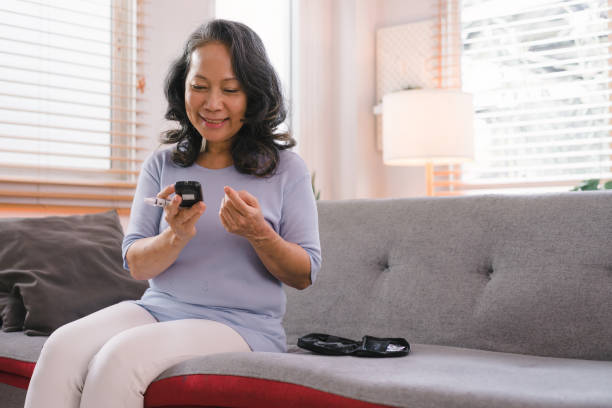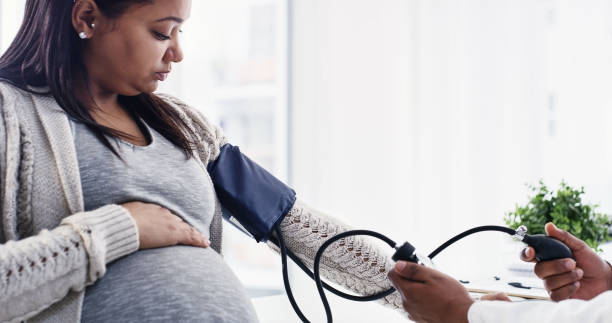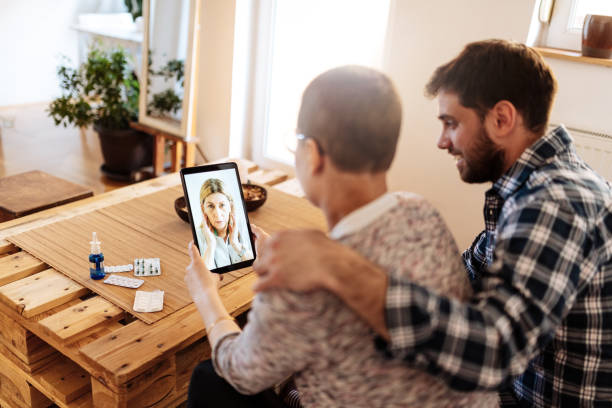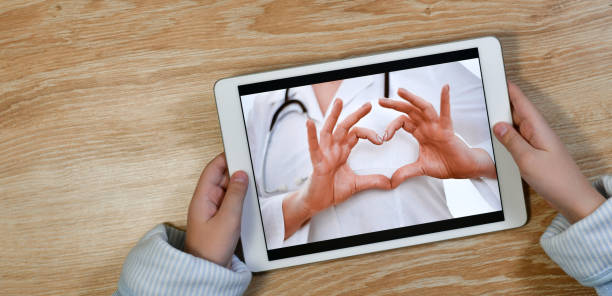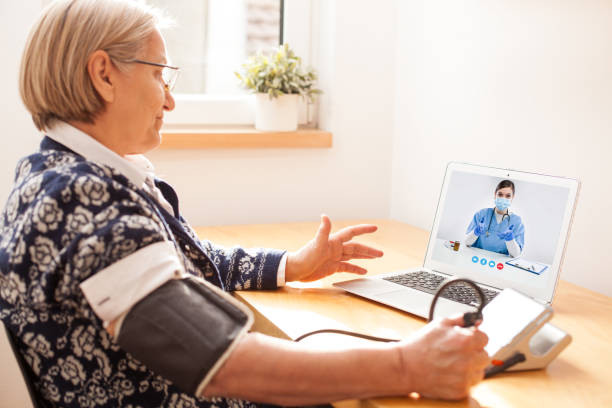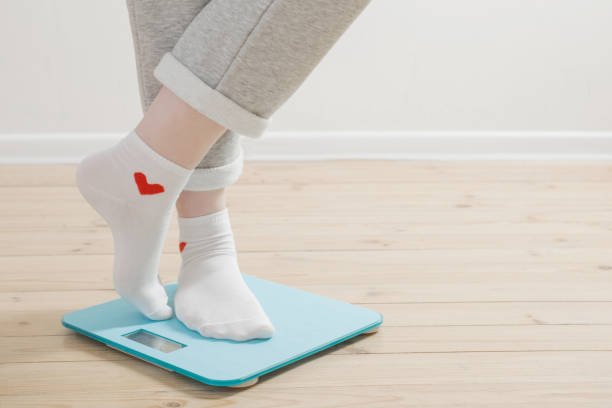Inside Remote Glucose Monitoring for Diabetes Management
Diabetes is one of the most prevalent chronic conditions worldwide. It impacts millions of individuals and poses significant challenges to healthcare systems. Digital healthcare technologies, such as remote glucose monitoring, are an effective tool for managing diabetes care. Research has shown that these technologies can be as vital as medication, and even more so, in […]
Inside Remote Glucose Monitoring for Diabetes Management Read More »

